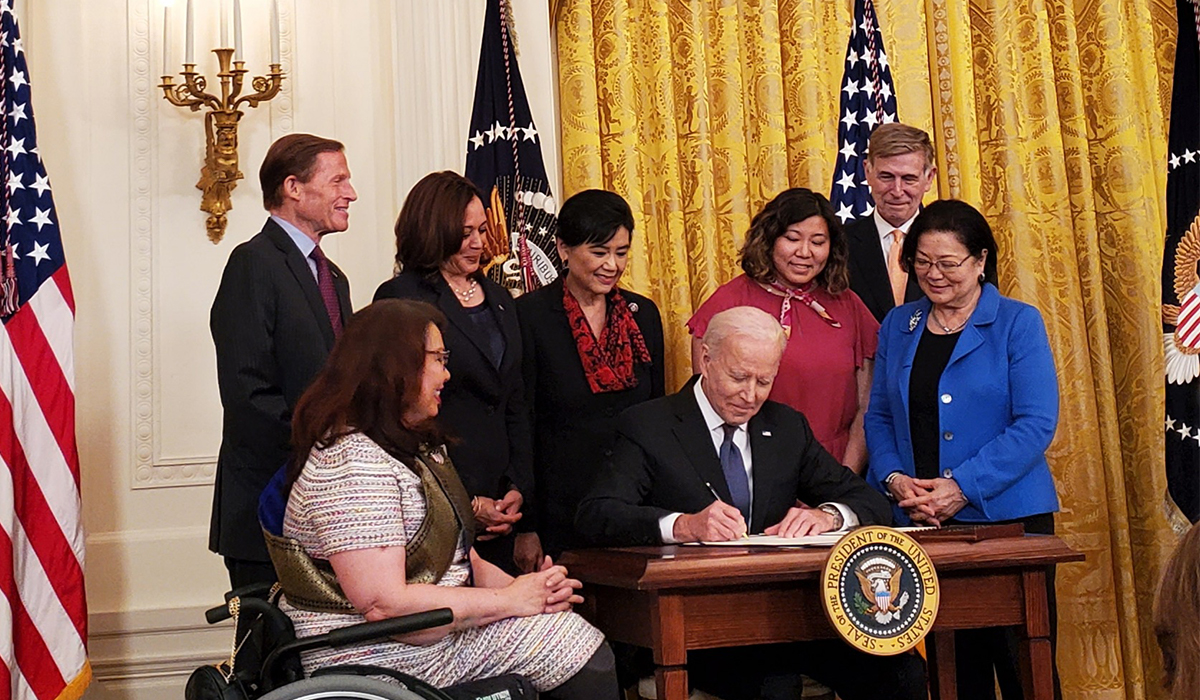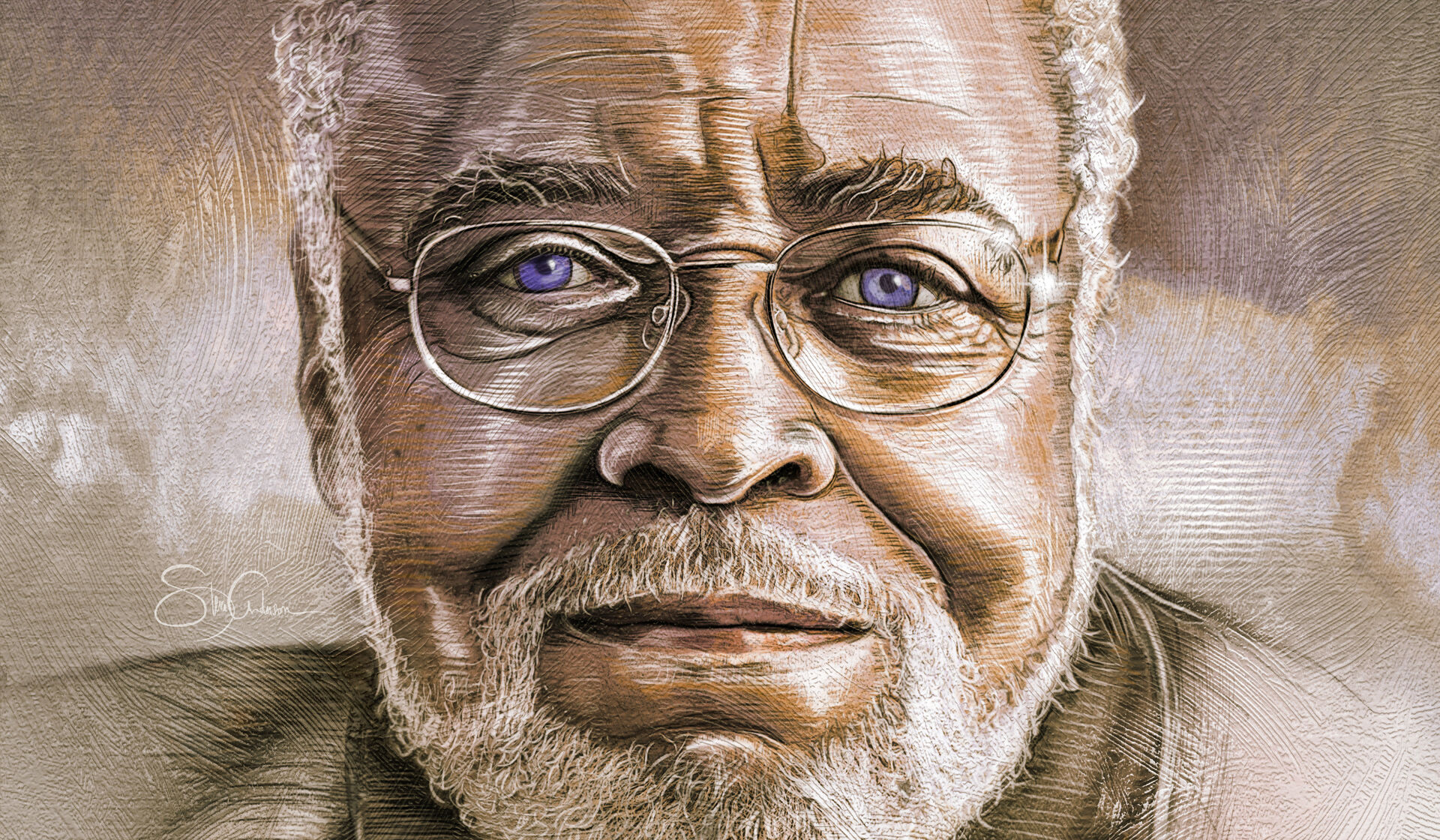Since the beginning of the pandemic, many have blamed the Asian American community for the outbreak of COVID-19. As a result, Asian Americans across the country have endured a surge of bigotry and violence. They have been beaten, slashed, set on fire, spat upon, and even killed. Nationwide, more than 6,600 acts of violence have been reported, over two-thirds of them by women. And those are just the reported numbers.
To combat these crimes, I reintroduced the COVID-19 Hate Crimes Act in March. The legislation swiftly made its way through Congress with overwhelming and bipartisan support (passing 94 to 1 in the Senate and 364 to 62 in the House), and last month, I stood next to President Joe Biden at the White House as he signed the measure into law.
This new law will go a long way toward combatting this rise in xenophobia and racist attacks. It will, among other things, create a position at the Department of Justice to facilitate expedited review of COVID-19 hate crimes, encourage more reporting of incidents in multiple languages, and help make different communities feel more empowered to come forward and report these occurrences. It will also direct federal agencies to work with community-based organizations to raise awareness of hate crimes related to the pandemic. In addition, it will expand restorative justice practices and alternative sentencing, a step away from the carceral system, while improving the overall infrastructure of hate crime reporting, data collection, and justice.
The law applies to all communities — not just the Asian American community — as many others continue to struggle with the rise in discrimination and intolerance.
During this period of heightened anxiety, we must do all we can to protect the safety of every single person in our country. Everybody in America deserves to feel safe — no matter their race, ethnicity, religion, or background.
I am so thankful to see my bill become the law of the land, and I am heartened and humbled by the strong support that I received. Not just from the president and my congressional colleagues but from the many different communities that have shown solidarity with Asian Americans in our fight against this hate — leaders from the Black, Hispanic, Native American, Jewish, Muslim, LGBTQ, and other communities that have stood by our side throughout this difficult and painful time.
This allyship has been critical to fighting the prejudice and violence, and it has meant a lot to me and Asian Americans throughout the United States. Whether it’s fighting antisemitism, battling Islamophobia, standing with Black Lives Matter, or combating anti-Asian hate — we cannot solve our shared problems alone. We must unite and stand together because it’s solidarity that is vital to defeating racism and bigotry.
With the COVID-19 Hate Crimes Act now law, I am hopeful that better days are ahead, particularly as we work to move past the pandemic and rebound from the havoc that it has caused.
But we must continue to be vigilant and understand that we all have a role to play in putting an end to hate. Legislation and laws cannot do it alone. We must all call it out, prevent it, and report it. Every person must step up and stand against it.
I also believe that more must be taught about the history of Asian Americans and all communities of color to further address the prejudice and bias that has existed not just over the past year but for generations, and I’ve introduced legislation to promote that goal. For too long, Asian Pacific American history has been poorly represented — or has simply not existed — in what our kids learn in school. From the Chinese Exclusion Act and the incarceration of Japanese Americans to slaves building the U.S. Capitol, our students must learn about all of America’s history, and that includes the history of all communities of color. By teaching the future generation about the accomplishments and contributions of the Asian American community, and how those of Asian descent contributed to the growth and prosperity of our country, we can help breakdown more stereotypes and negative perceptions that still exist about Asian Americans.
Our diversity has always made us stronger. We cannot — and must not — ever lose sight of this.





